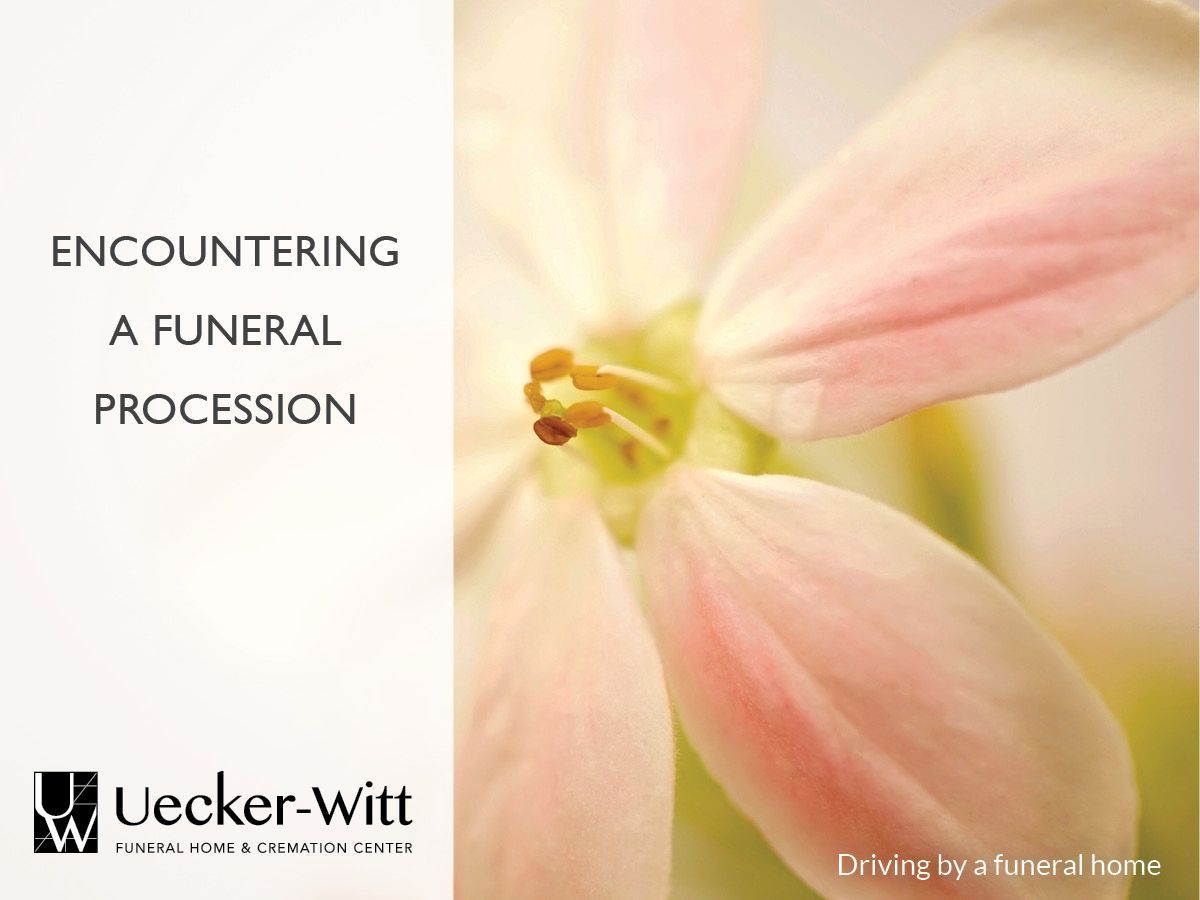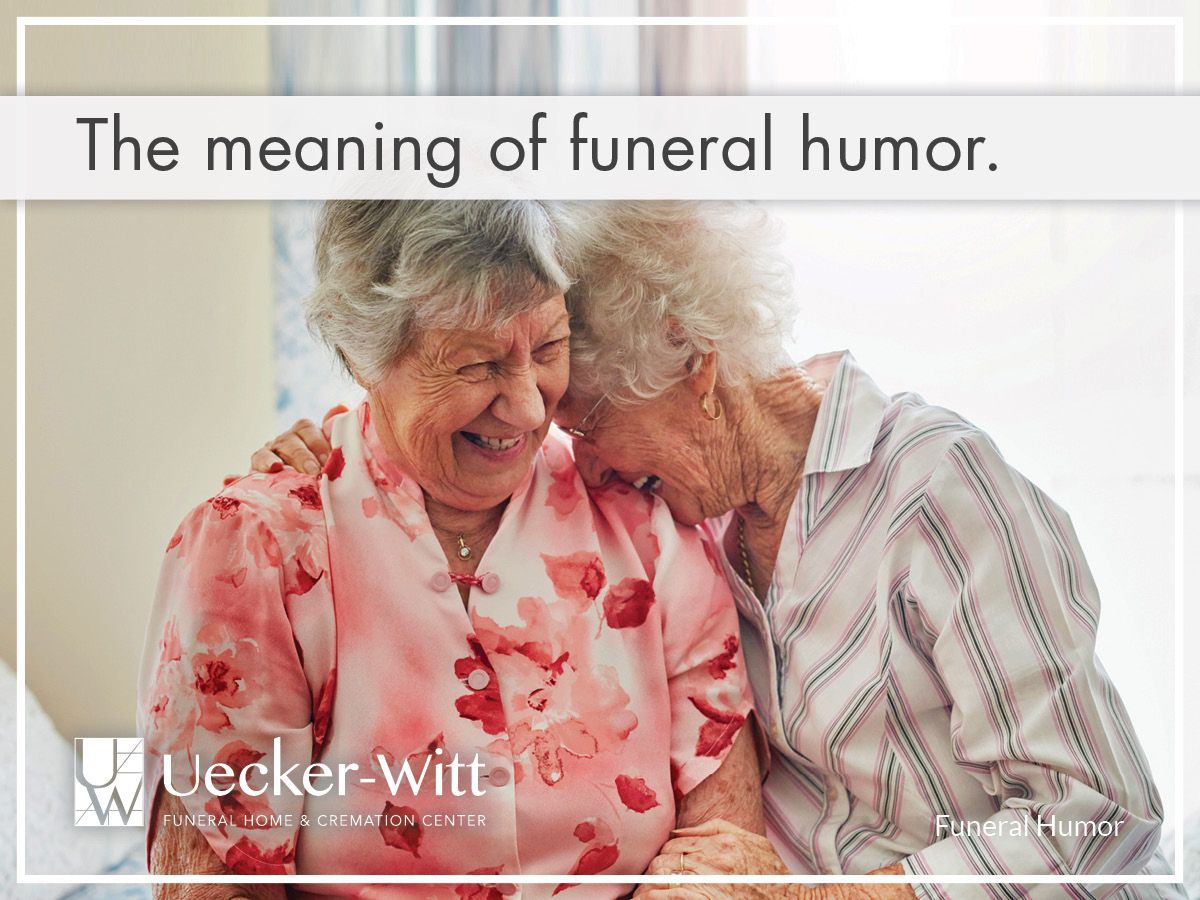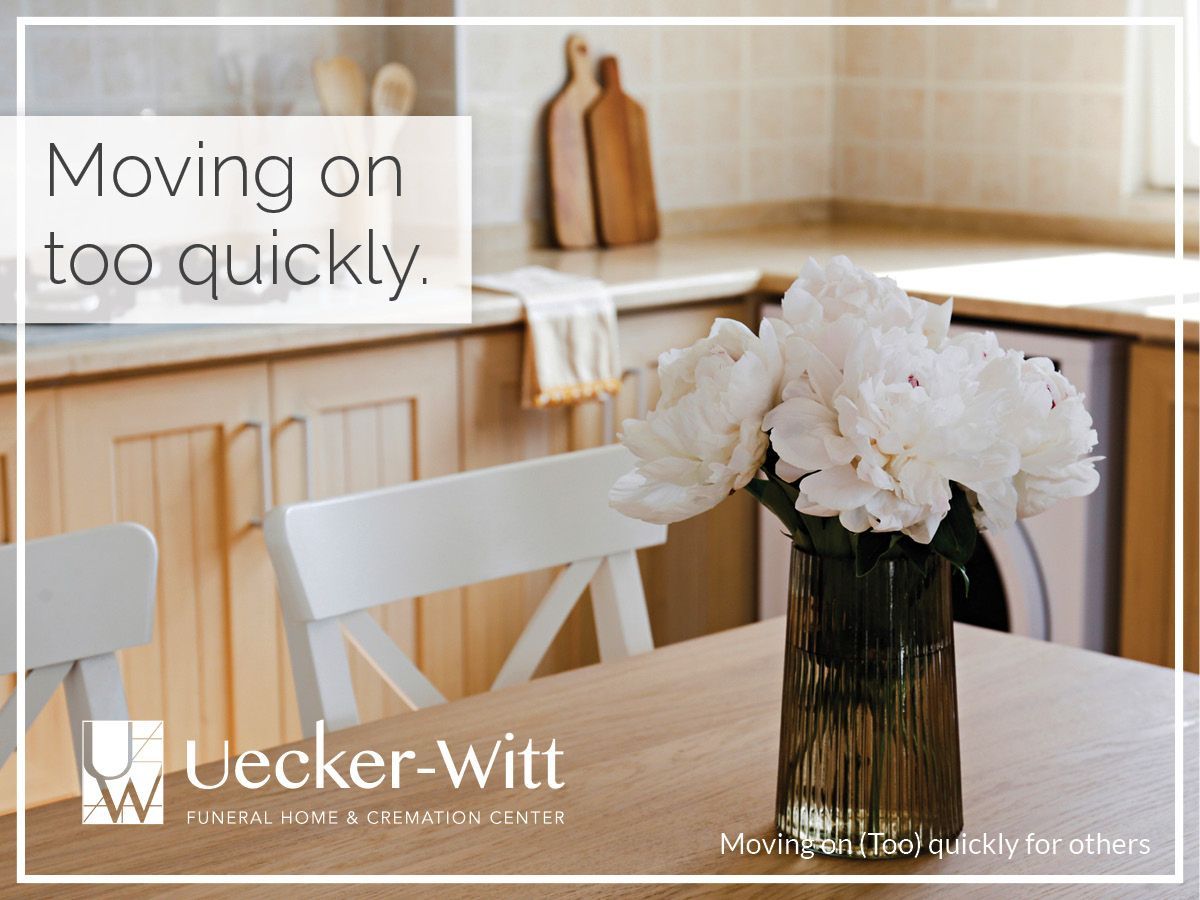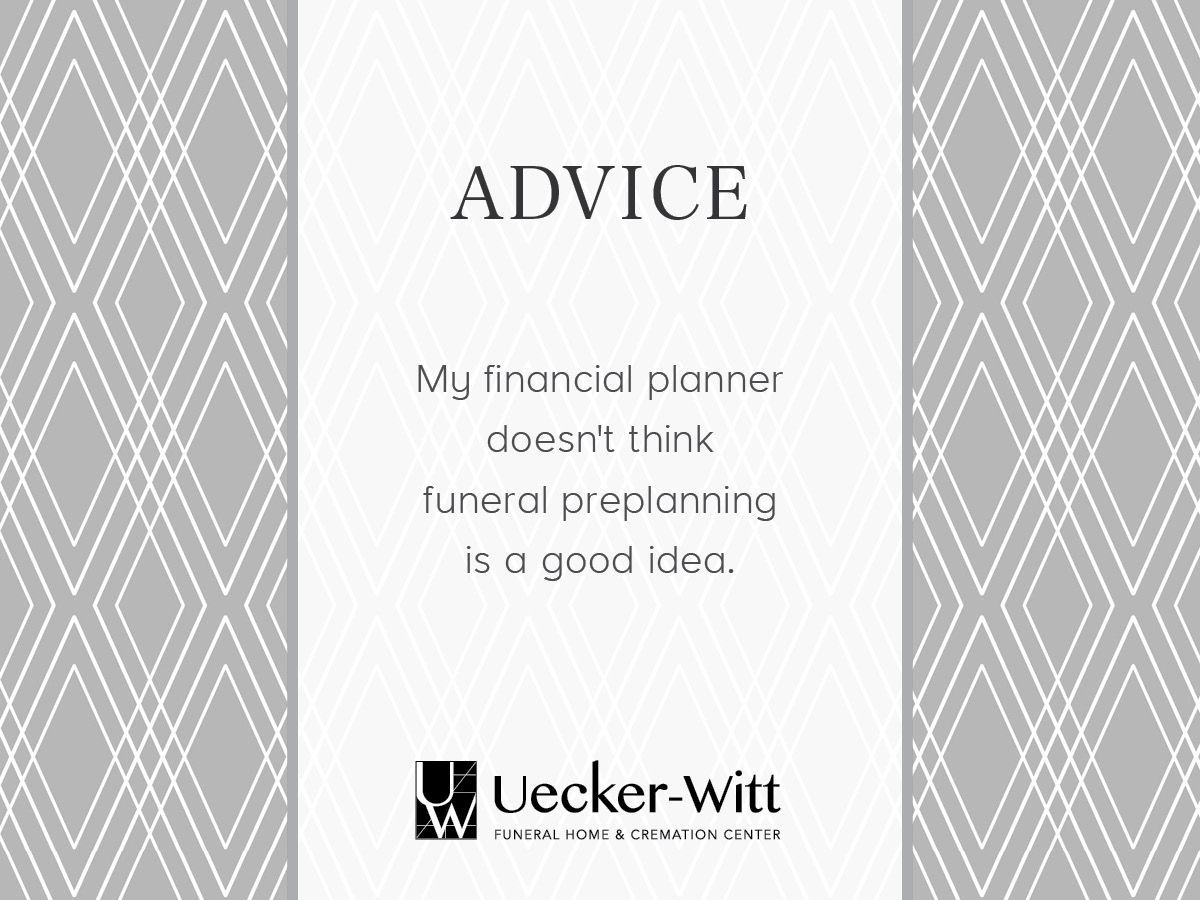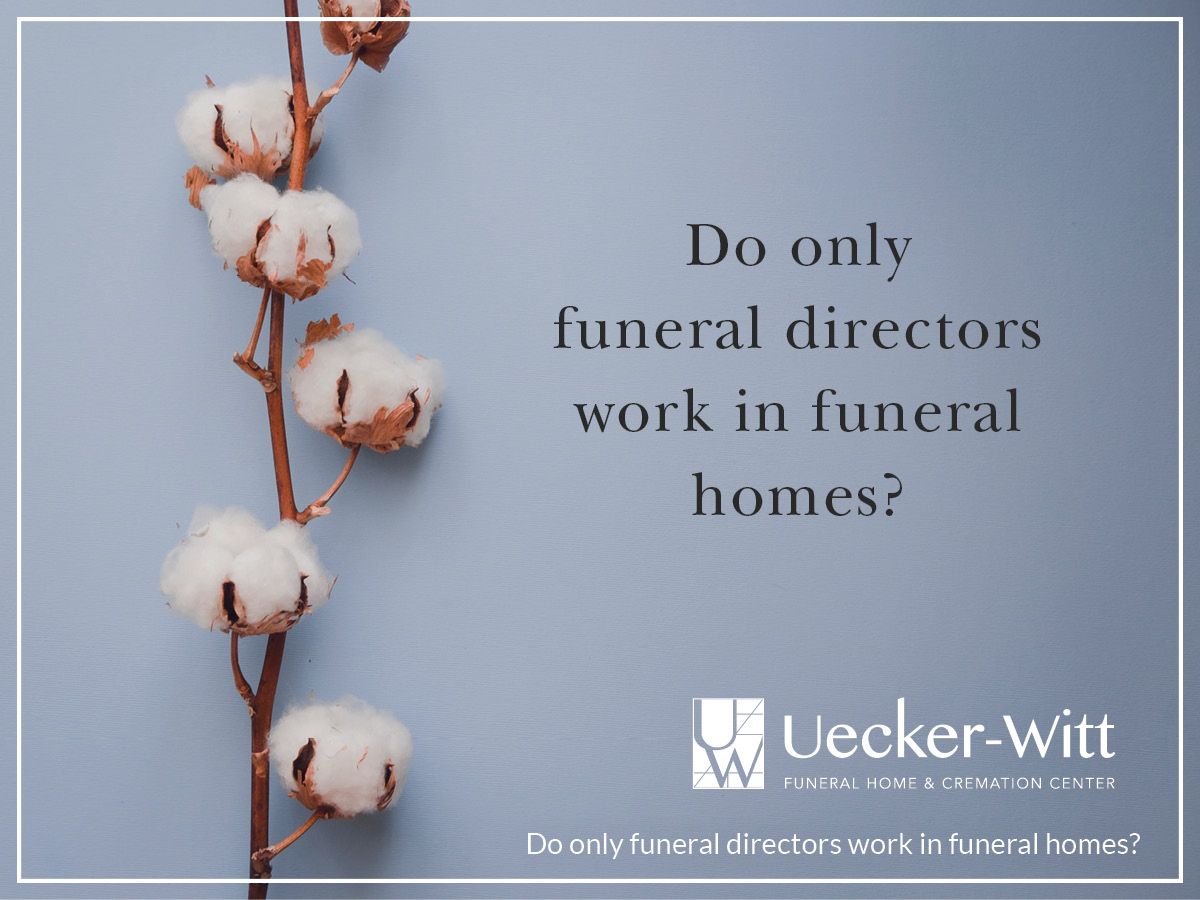Is Go Fund Me the Best Way to Pay for a Funeral?
Funerals are a way for people to celebrate the lives of their loved ones, but these celebrations often have a price tag that can be very high for the average family. A funeral with a viewing and a burial can cost upwards of $7,000. And when you consider that many families are also attempting to pay off additional expenses, like medical costs, after their loved one passes, they can quickly struggle under the weight of their financial burden. It’s no wonder why so many families turn to GoFundMe to ask for help covering all the costs, but is there a better way to pay for a funeral?
Should you use GoFundMe to pay for a funeral?
When GoFundMe launched in 2010, it changed how everything from novel inventions to wedding ceremonies were funded. It’s likely that at some point in your life, someone you know has used GoFundMe, and maybe you’ve donated through it yourself. GoFundMe has also changed the way that we pay for funeral expenses.
In most cases, a decedent's family will pay for the funeral and disposition of their loved one. With GoFundMe, more of the burden is relieved from the immediate family. Suddenly, people you didn’t even know your loved one knew are donating through GoFundMe. Students of a teacher they haven’t seen in years want to donate. Coworkers from companies your loved one hasn’t worked at in decades decide to contribute. Neighbors, friends, and even friends of friends want to help in any way that they can. GoFundMe can be a wonderful resource that just goes to show how many lives your loved one has touched throughout their life. But although GoFundMe has proven to be a valuable resource for many families attempting to pay for funerals on their own, the best way to pay for a funeral is to pay into the costs before they happen.
Is there a better way to pay for a funeral?
Although it can be unpleasant to think about a time when you’ll no longer be around, planning for your funeral is a gift to your loved ones. And that includes planning for the expenses that come with a funeral and disposition. Although many people believe that having life insurance is enough, life insurance often doesn’t end up covering the total cost of a funeral, which can lead to your family paying out of pocket for funeral expenses later on. But there are other ways to pay toward your funeral.
One option is to talk to your chosen funeral home about planning and paying for your funeral in advance. When you preplan your funeral, you can decide to pay for your plans in advance. You’ll work with the funeral home to make your arrangements, including what services you want to hold, whether you’d like to be buried or cremated, and what type of casket or urn you’d like. After you decide on all these details, you’ll be able to pay for them through the funeral home.
Funeral homes typically offer a variety of payment plans, including the option to pay for your funeral and disposition in full. By making these payments in advance, you’re saving your family from financial strain later on. When you pay in full, you’re guaranteeing that the funeral you plan is the one that your family will be able to hold for you. There will be no need for a GoFundMe after you pass because you already funded your funeral yourself.
GoFundMe has undoubtedly changed how we fund funerals, but the best way to pay for a funeral is always by planning ahead. As you plan your funeral, talk to your funeral director about your options for prepaying for your funeral and disposition. By paying for your funeral ahead of time, you’ll save your family from surprise expenses down the road. If you’re covering the cost of your funeral now, your family won’t need GoFundMe later.
If you’re looking to cover the costs of a funeral for a loved one who did not preplan or prepay, your funeral home may be able to help. Some funeral homes offer a crowdfunding service that functions similarly to GoFundMe. Before making a GoFundMe account, talk to your funeral home about what kinds of crowdfunding services they offer.
